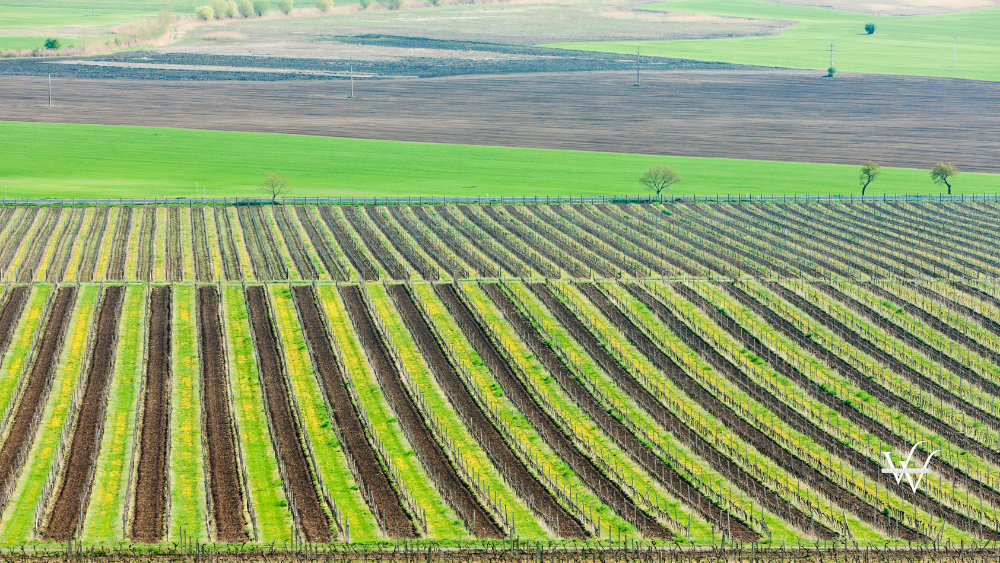In a bid to address pressing challenges and advocate for fair market conditions, the Czech Grape and Wine Producers Association has issued an open letter to EU Commission President Ursula von der Leyen, urging for a comprehensive dialogue on the future of European winemaking and a unified approach towards excise duty.
Context and Challenges
The European wine industry finds itself at a critical juncture, grappling with unprecedented challenges, particularly the escalating impacts of climate change. Against this backdrop, the Czech association has highlighted concerns over potential disparities in excise duty rates across EU member states. Currently, EU legislation stipulates minimum excise duty rates for alcohol, with wine set at a minimum of EUR 0 per 100 litres, significantly lower compared to beer at EUR 1.87 per 100 litres.
Calls for Harmonization
Martin Chlad, President of the Czech Grape and Wine Producers Association, emphasized the need for a unified legislative approach to excise duty, citing it as a crucial tool for both consumer protection and public health. The association contends that the current framework, which allows varying national excise duty rates, could create uneven playing fields within the European market. This disparity is notably stark between northern European countries, which generally impose higher excise duties on wine, and southern or central European nations.
Czech Perspective and Implications
In Czechia, where currently no excise duty is imposed on still wine, the government is deliberating introducing new taxes on the wine sector to bolster state finances. This proposal has sparked strong opposition from Czech winemakers, who argue that such taxes would render Czech wine less competitive compared to counterparts from countries like Germany, Austria, Hungary, Slovakia, and other southern European nations, which also do not levy excise duties on wine.
Advocating at the European Level
In response to these concerns, the Czech Grape and Wine Producers Association has turned to the EU level, urging for a constructive dialogue to prevent potential unfair market conditions. The association's plea underscores the importance of preserving the competitiveness and cultural significance of European winemaking, particularly in regions like Moravia, Czechia’s southeastern part, where viticulture plays a pivotal role in the local economy and heritage.
Looking Ahead
As discussions unfold, the European wine industry awaits clarity on the future direction of excise duty policies and seeks assurances of equitable treatment across member states. The outcome of these deliberations could have profound implications not only for winemakers but also for consumers and the broader economic landscape of Europe.
In conclusion, the call by the Czech Grape and Wine Producers Association for a coordinated EU approach to excise duty reflects a concerted effort to safeguard the integrity and competitiveness of European winemaking amidst evolving challenges and economic uncertainties.
Source: EuroNews

